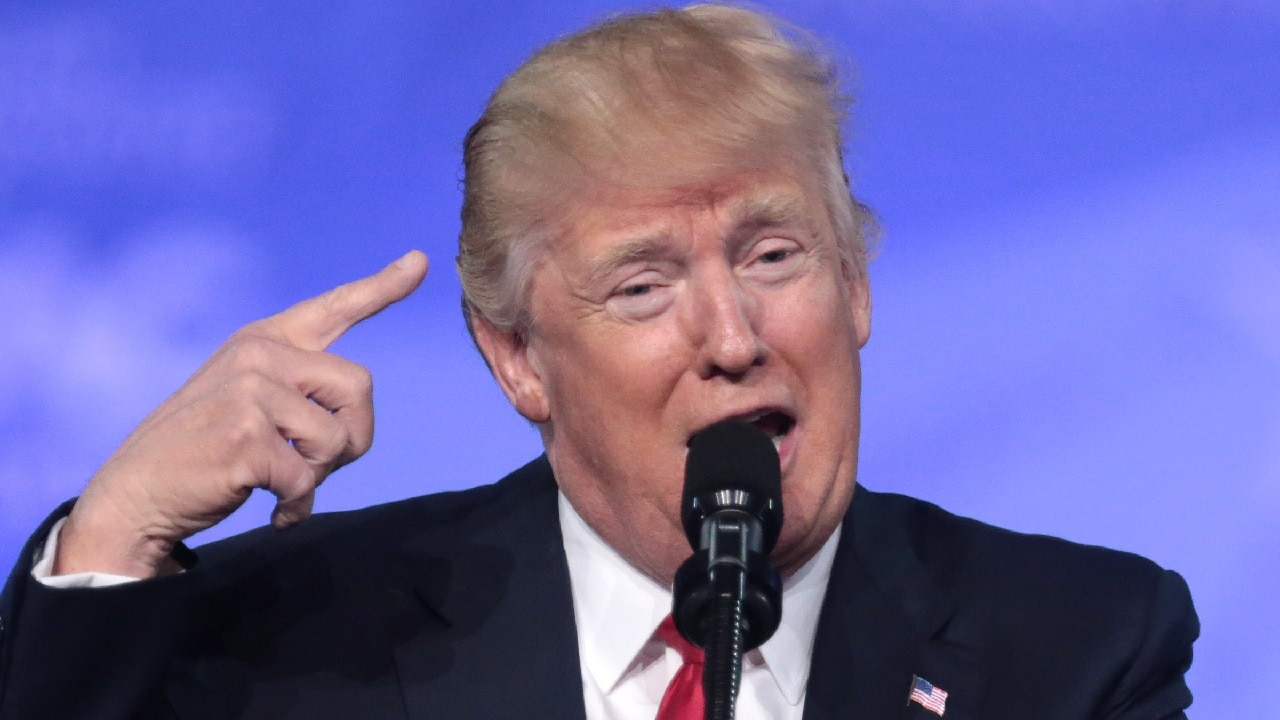Former President Donald Trump’s fraud trial is underway. The trial threatens Trump’s business, the Trump Organization, which has been a core part of the businessman turned president’s identity and credibility.
“The trial stems from a lawsuit brought last year by New York’s attorney general, Letitia James, accusing Mr. Trump and other defendants, including two of his adult sons and his companies, of fraudulently inflating the value of their assets to obtain favorable loans and insurance details,” The New York Times reported.
The trial began with Trump on difficult footing; before the trial began, Judge Arthur Engoron found that Trump was liable for fraud, given that the company’s annual financial statements were filled with examples of overinflated assets. In response, Engoron cancelled the business license that allowed the Trump Organization to operate in New York state.
Last week, however, an appeals court judge, Peter Moulton, decided to reverse Justice Engoron’s order, yet allowed the trial to proceed.
“While the former president’s control of his companies may still be at risk, he will not immediately need to dissolve the legal entities he used to manage his properties,” The Times reported. Instead, “the issue will next be argued in front of a full panel of appeals court judges.”
The Stakes
At stake in the trial: whether Trump will have to pay a $250 million fine; whether Trump and his sons will be permanently prohibited from running a business in the state of New York.
Opening arguments were given last week. Kevin Wallace, an attorney from Letitia James’s office, argued that Trump Organization employees had arbitrarily assigned values to properties to inflate Trump’s net worth. Trump’s attorney, Christopher Kise, countered that assets did not have an objective value, and that fluctuating valuations were common in real estate assets.
So, will a judge or jury decide whether Trump committed fraud?
“Lawsuits brought under the powerful statute that Ms. James’s office is using are typically decided by a judge,” The Times reported. “But a comment from Justice Engoron on the first day of the proceedings – that “neither side asked for” a jury – has prompted much commentary about whether Mr. Trump’s lawyers should have tried a long-shot bid to get one.”
Trump, for his part, said out loud that he would have loved if a jury had been present. Later, Justice Engoron clarified that in a typical trial, a party may request either a judge or jury – but in the present case, James had asked Engoron to impose consequences known as equitable relief, and that only judges can decide cases involving equitable relief.
‘This is a nonjury trial because it was a nonjury case,” Engoron said.
Gag Order
Earlier in the trial, Justice Engoron instructed Trump “not to attack, or even comment on, members of the judge’s staff on social media.” The gag order came in response to Trump posting a picture of Engoron’s law clerk, Allison Greenfield, on social media standing next to Senate majority leader Chuck Schumer with the caption, “Schumer’s girlfriend.” Engoron emphasized that serious sanctions would be issued if Trump disobeyed the order, but did not specify.
Harrison Kass is the Senior Editor and opinion writer at 19FortyFive. An attorney, pilot, guitarist, and minor pro hockey player, Harrison joined the US Air Force as a Pilot Trainee but was medically discharged. Harrison holds a BA from Lake Forest College, a JD from the University of Oregon, and an MA from New York University. Harrison listens to Dokken.

